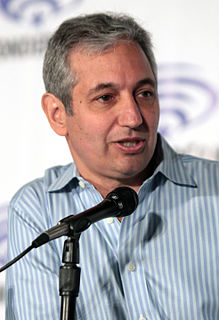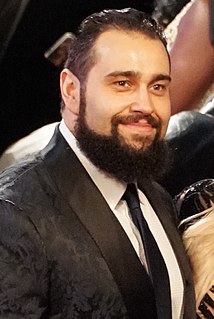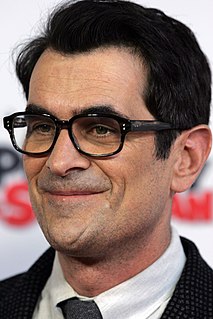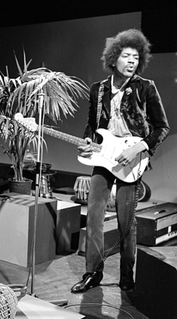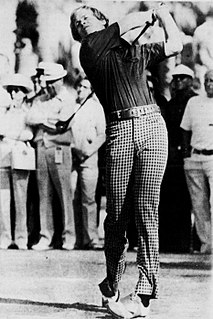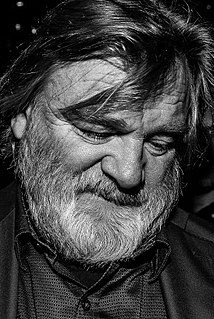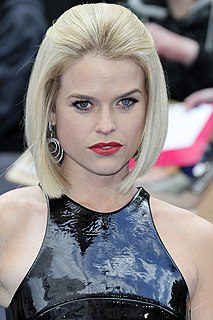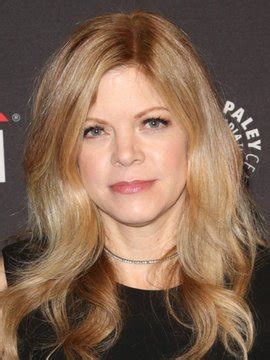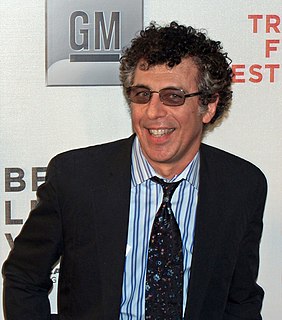A Quote by Ricky Gervais
I think that's the fundamental thing - you can go anywhere you like as long as you're following a character that the audience likes and understands.
Related Quotes
When I'm following what a character does in a book I don't have to think about my own life. Where I am. Why I'm here. My moms and my brother and my old man. I can just think about the character's life and try and figure out what's gonna happen. Plus when you're in a group home you pretty much can't go anywhere, right? But when you read books you almost feel like you're out there in the world. Like you're going on this adventure right with the main character. At least, that's the way I do it. It's actually not that bad. Even if it is mad nerdy.
In an odd way I thought I was lowering the bar for myself, in saying, well, I'll make a pop album. But in a way it's kind of harder to make pop music. It's like the more abstract you get with music, you get into that emperor's new clothes thing, where you can go anywhere, and just claim that your audience may not be prepared to go with you. But with pop music, I think everybody understands the form, everybody knows what it's meant to do. So I would say it's harder to write that kind of music.
I think you have to do the stories that interest you and hope an audience likes it, rather than doing stories that you think the audience will like, whether you like them or not. I think there has to be something that you find compelling and interesting, and then hopefully an audience will agree with you.
I don't believe, in a show like ours, that you really want to see character growth. That's just my opinion. Maybe to a small degree, but nothing serious. To that end, it doesn't have the same importance that it would have, if you were on an hour-long show. I think an audience gets really hungry for a character to grow and change on an hour-long show, and I think I would be more antsy.
.. I get more of a dreamy thing from the audience - it's more of a thing that you go up into. You get into such a pitch sometimes that you go up into another thing. You don't forget about the audience, but you forget about all the paranoia, that thing where you're saying, 'Oh gosh, I'm on stage - what am I going to do now ?' - Then you go into this other thing, and it turns out to be like almost like a play in certain ways
I truly think a long career is to keep the audience guessing and not being able to be boxed, and for me, I'm not hell-bent on playing the lead in things as long its an interesting character with phenomenally talented people, and it's a script that I feel is genuinely innovative, creative, and potentially interesting for an audience.
In film, the camera can get an array of shots so the audience can see the emotion the character is giving off. Using close-ups on the character's face really helps get the message across. On stage, you can't do that. But the stage has that live feeling that you can't get anywhere else because the audience is right there.




